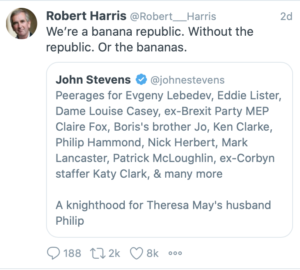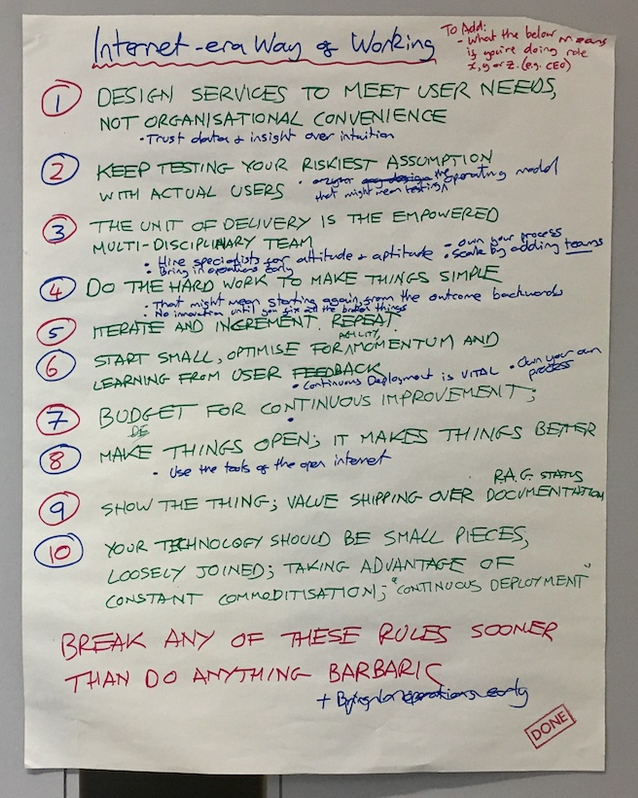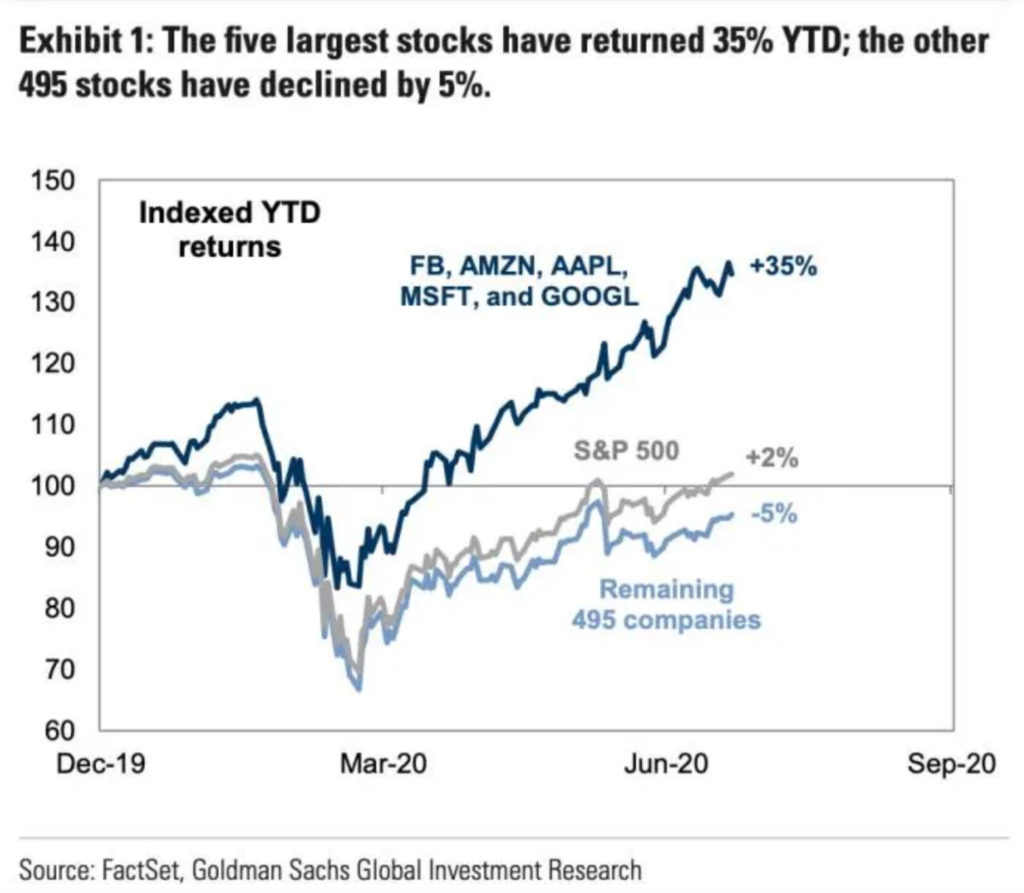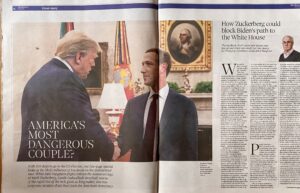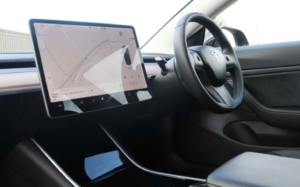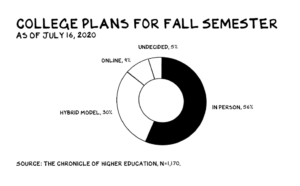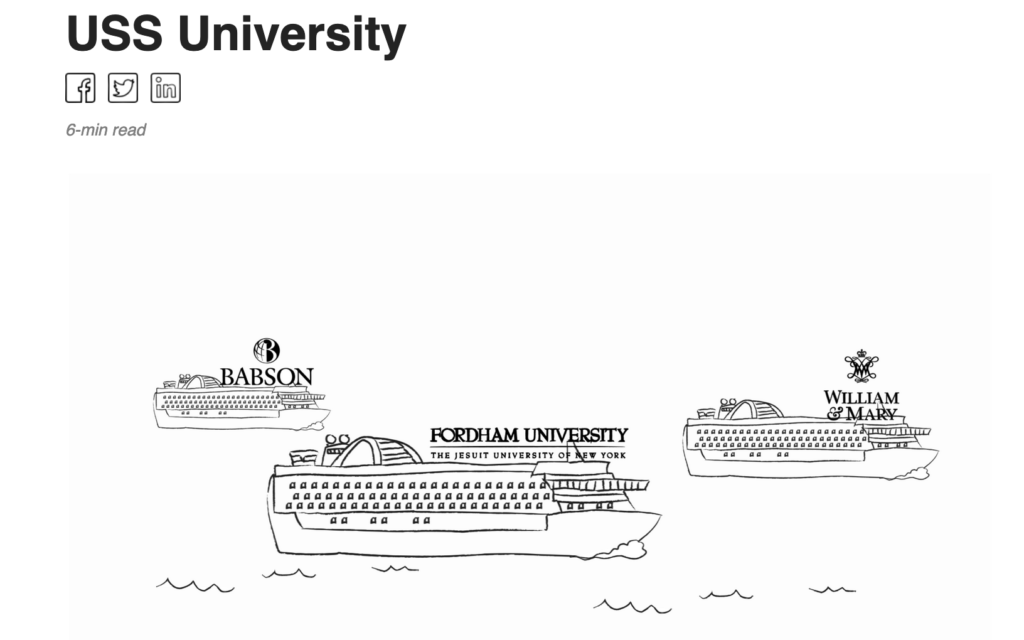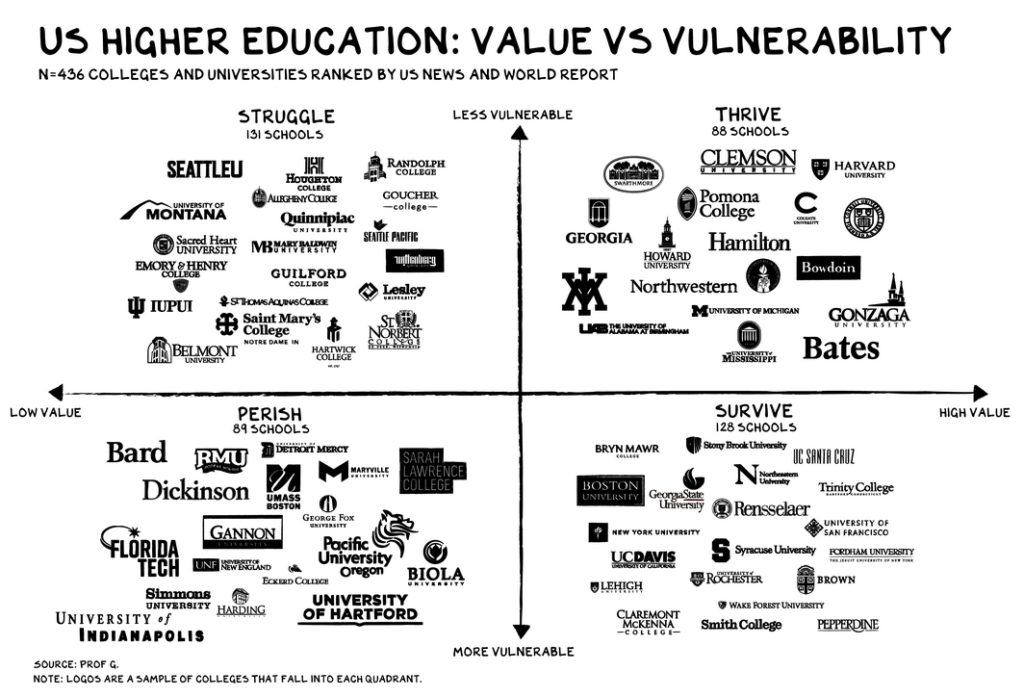Quote of the Day
Can the planet afford more and more machine-learning?
This morning’s Observer column on GPT-3:
The apparent plausibility of GPT-3’s performance has led – again – to fevered speculation about whether this means we have taken a significant step towards the goal of artificial general intelligence (AGI) – ie, a machine that has the capacity to understand or learn any intellectual task that a human being can. Personally, I’m sceptical. The basic concept of the GPT approach goes back to 2017 and although it’s a really impressive achievement to be able to train a system this big and capable, it looks more an incremental improvement on its predecessors rather than a dramatic conceptual breakthrough. In other words: start with a good idea, then apply more and more computing power and watch how performance improves with each iteration.
Which raises another question: given that this kind of incremental improvement is made possible only by applying more and more computing power to the problem, what are the environmental costs of machine-learning technology?
Nostalgia isn’t what it used to be
The easing of the lockdown on July 4 has had its predictable effect — alarming rises in numbers of new infections in many parts of country. These have now reached more than 4,000 new cases a day, attributed by the head of the government’s track-and-trace operation to social-distancing rules being “routinely flouted“ in virus hotspots.
Nothing in this is surprising. People are desperate to get back to some kind of normal behaviour — hugging friends and family, meeting, drinking, dancing, going to clubs, all the things they used to do. What everybody finds hard to realise, still less to accept, is that that ‘normal’ to which we long to return is no longer available. That train has left the station. The pre-pandemic past is indeed a different country.
When the virus first reached these shores, I had a conversation with a member of my family who saw it as just another kind of flu — more dangerous, certainly, but something essentially familiar. I tried — and failed — to persuade her that it was much more significant and far-reaching than that. Reflecting on the conversation afterwards, I thought that the analogy I should have used was that of the First World War — in the sense that the world post-1918 was unrecognisably different from the world as it was in 1913. And, as the depth and reach of the Coronavirus became clearer with every passing day, that seemed to be quite a persuasive analogy.
But actually that still doesn’t get the measure of the change that we are now living though. The most fundamental change that we — humankind — will have to accept is in our conception of our relationship with nature. This thought was sparked by reading “From The Anthropocene To The Microbiocene“, a long essay by Tobias Rees in Noema magazine, a publication of the Berggruen Institute.
The thrust of the essay is that from Aristotle to Thomas Hobbes we humans thought of ourselves as part of nature — as just animals with a capacity for reason. But with Hobbes, we started to think of ourselves as apart from the natural world (where lives were famously “nasty, brutish and short”). And this distinction was steadily reinforced by the rise of science, the Enlightenment , capitalism, democratic politics, and so on. Nature was something that we could master, control and exploit (and despoil). As it happened, this hubristic belief in our intrinsic superiority was ultimately going to be our downfall as the pursuit of economic growth led to the collapse of the biosphere on which human life depends.
The significance of the Coronavirus, on this view, is that it interrupts our inexorable rush to climate catastrophe by reminding us of the extent to which our post-Hobbesian hubris was a delusion. We find ourselves unable to overcome and control this manifestation of part of the natural world. And getting a vaccine will not solve it, though it may make living with it more manageable. But these viruses are part of the human future from now on. They’re here to stay.
All of which means that our view of nature as something separate from us, was delusional. What we have to learn to accept is that we’re part of nature too. Given that we’ve had 400+ years of believing something very different, it’s not surprising that people are finding it difficult to come to terms with what lies ahead. There might be many lockdowns ahead until that penny finally drops.
Since we can’t beat nature, shouldn’t we be thinking of (re)joining it?
At last, the tech titans’ nerd immunity shows signs of fading
My OpEd piece in today’s Observer on last Wednesday’s Congressional Hearings on Big Tech.
The most striking thing about Wednesday’s congressional interrogation of the leaders of Apple, Google, Facebook and Amazon was the absence of deference to the four moguls. This was such a radical departure from previous practice – characterised by ignorance, grandstanding and fawning on these exemplars of the American Way – that it was initially breathtaking. “Our founders would not bow before a king,” said the House antitrust subcommittee chairman, David Cicilline, in his opening remarks. “Nor should we bow before the emperors of the online economy.”
If we wanted a radical departure from the legislative slumber of previous decades, this looked like it. And indeed, to a large extent, it was. One saw it, for example, in the aggressiveness of the questioning by the Democrats. At times, one was reminded of the proceedings of the US supreme court, where the justices constantly interrupt the lawyers before them to cut off any attempt at lawyerly exposition. The implicit message is: “We’ve done our homework. Now get to the point – if you have one.” It was like that on Wednesday.
The Democrats had done their homework: they had read the torrents of private emails that the subcommittee had subpoenaed. And, like any good prosecutor, they never asked a question to which they didn’t already know the answer.
The tech titans were mostly flummoxed by this approach…
This blog is also available as a daily email. If you think this might suit you better, why not subscribe? One email a day, delivered to your inbox at 7am UK time. It’s free, and there’s a one-click unsubscribe if you decide that your inbox is full enough already!

